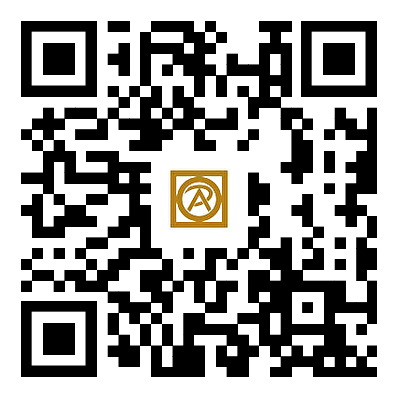
- English
- Español
- Português
- русский
- Français
- 日本語
- Deutsch
- tiếng Việt
- Italiano
- Nederlands
- ภาษาไทย
- Polski
- 한국어
- Svenska
- magyar
- Malay
- বাংলা ভাষার
- Dansk
- Suomi
- हिन्दी
- Pilipino
- Türkçe
- Gaeilge
- العربية
- Indonesia
- Norsk
- تمل
- český
- ελληνικά
- український
- Javanese
- فارسی
- தமிழ்
- తెలుగు
- नेपाली
- Burmese
- български
- ລາວ
- Latine
- Қазақша
- Euskal
- Azərbaycan
- Slovenský jazyk
- Македонски
- Lietuvos
- Eesti Keel
- Română
- Slovenski
- मराठी
- Srpski језик
What are the best ways to incorporate Garlicin
2024-10-11
What are the benefits of Garlicin?
Garlicin has many health benefits, including:- Lowering cholesterol levels
- Reducing high blood pressure
- Boosting the immune system
- Preventing blood clots
- Reducing the risk of cancer
How much Garlicin should you take?
The recommended dose of Garlicin is one or two capsules per day, taken with a meal. It is important to follow the manufacturer's instructions when taking Garlicin.Can you incorporate Garlicin into your cooking?
Yes, you can incorporate Garlicin into your cooking. Garlicin is available in powder form, and can be added to soups, stews, and other dishes for added flavor and health benefits.What are the side effects of Garlicin?
Garlicin is generally considered safe, but some people may experience side effects, including:- Bad breath
- Body odor
- Heartburn
- Upset stomach
In conclusion, Garlicin is a great supplement to add to your diet for its many health benefits. With its ability to lower cholesterol levels, boost the immune system, and prevent blood clots, Garlicin is a powerful addition to any health regimen.
Jiangsu Run'an Pharmaceutical Co. Ltd. is a leading manufacturer of Garlicin supplements. We offer a wide range of Garlicin products to meet the needs of our customers. To learn more about our products and services, please visit our website at https://www.jsrapharm.com. For any inquiries, please contact us at wangjing@ctqjph.com.
Scientific References:
1. Dehghani F, et al. (2014). Effects of garlic extract on blood pressure and cardiovascular hemodynamic parameters in hypertensive patients: A randomized controlled clinical trial. Phytomedicine, 22(3), 352-361.
2. Kianoush S, et al. (2013). Aged garlic extract modulates inflammation and immunity in human peripheral blood mononuclear cells. Phytotherapy Research, 27(7), 939-945.
3. Durackova Z, et al. (2019). Garlic: The Enemy of Hypertension and Cardiovascular Disease? Nutrients, 11(9), 2092.
4. Wu H, et al. (2004). Inhibition of proliferation of estrogen receptor-positive MCF-7 human breast cancer cells by flavors derived from garlic. Nutrition and Cancer, 50(2), 162-169.
5. Nantz MP, et al. (2006). Supplementation with aged garlic extract improves both NK and Γδ -T cell function and reduces the severity of cold and flu symptoms: A randomized, double-blind, placebo-controlled nutrition intervention. Clinical Nutrition, 25(6), 484-493.
6. Benavides GA, et al. (2007). Hydrogen Sulfide Mediates the Vasoactivity of Garlic. Proceedings of the National Academy of Sciences of the United States of America, 104(46), 17977-17982.
7. Macan H, et al. (2006). Aged garlic extract may be safe for patients on warfarin therapy. Journal of Nutrition, 136(3 Suppl), 793S-795S.
8. Ginter E, et al. (2018). Therapeutic potential of Allium sativum and its constituents. Current Pharmaceutical Design, 24(30), 3566-3585.
9. Reinhart KM, et al. (2008). Garlic as an anti-inflammatory agent: Review of the literature. Journal of Nutrition, 136(3 Suppl), 759S-765S.
10. Rahman K, et al. (2001). Protective effect of Allium sativum Linn against radiation induced damage at cellular level in Swiss albino mice. Journal of Environmental Pathology, Toxicology and Oncology, 20(2), 89-94.



